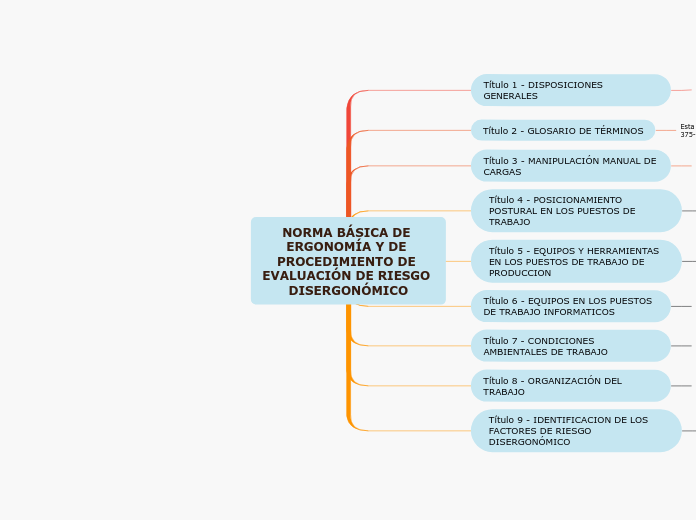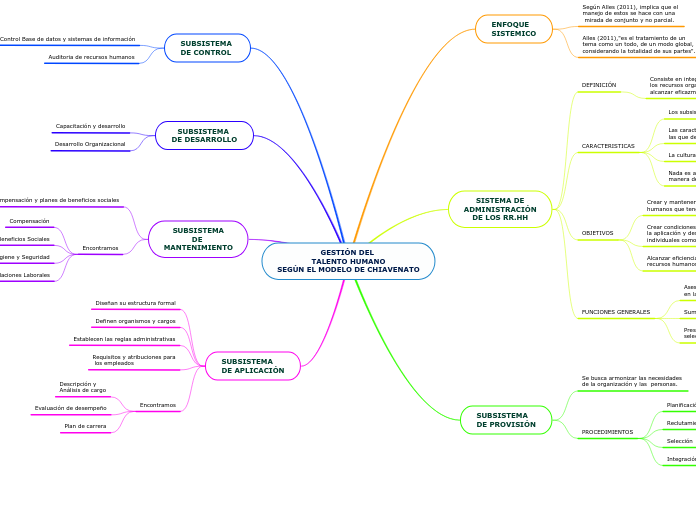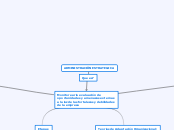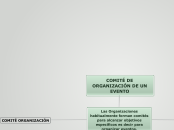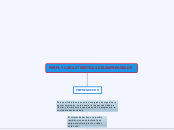NORMA BÁSICA DE ERGONOMÍA Y DE PROCEDIMIENTO DE EVALUACIÓN DE RIESGO DISERGONÓMICO
To name your story, you have to think about the overall message and what you want your audience to understand from the story. Also, make it relevant and easy to remember.
Título 9 - IDENTIFICACION DE LOS FACTORES DE RIESGO DISERGONÓMICO
Identifica los factores de riesgo disergonómico significativo.
Título 8 - ORGANIZACIÓN DEL TRABAJO
Determina que la organización del trabajo debe ser adecuada a las características físicas y mentales de los trabajadores y la naturaleza del trabajo que se esté realizando, además indica los requisitos que deben cumplir.
Título 7 - CONDICIONES AMBIENTALES DE TRABAJO
Señala que las condiciones ambientales de trabajo deben ajustarse a las características físicas y mentales de los trabajadores, y a la naturaleza del trabajo que se esté realizando.
Título 6 - EQUIPOS EN LOS PUESTOS DE TRABAJO INFORMATICOS
Brinda las características que deben tener los equipos utilizados en el trabajo informático.
Título 5 - EQUIPOS Y HERRAMIENTAS EN LOS PUESTOS DE TRABAJO DE PRODUCCION
Indica que todos los equipos y herramientas que componen un puesto de trabajo deben estar adaptados a las características físicas y mentales de los trabajadores, y a la naturaleza del trabajo que se esté realizando.
Título 4 - POSICIONAMIENTO POSTURAL EN LOS PUESTOS DE TRABAJO
Este título nos dice que se debe alternar la posición en la cual realiza su labor el trabajador, también la correcta postura que debe tener el colaborador.
Título 3 - MANIPULACIÓN MANUAL DE CARGAS
The ending of a story is essential. We all know that if the ending is weak, what happened before loses its importance. So make it unpredictable, but fair. A resolved ending answers all the questions and ties up any loose threads from the plot.
Su contenido no da a entender que no debe exigirse o permitirse el transporte de carga manual, para un trabajador cuyo peso es susceptible de comprometer su salud o su seguridad.
This is the moment when the main character surpasses the last obstacle and finally faces their greatest challenge.
The climax usually follows one of these patterns:
- realization
- resolution
- choice
Type in your answer.
Título 2 - GLOSARIO DE TÉRMINOS
The middle of the story is where you add layers of complications that will lead to the end. Reveal more about the character's journey. Did their personality go through changes? How did they overcome the challenges? And as you build up the story’s central conflict, make it more personal to that character. Also, from the middle act, you have to lead into the final act.
Esta parte nos da a entender el significado de ciertos términos que se usan en la norma RM 375-2008 TR.
Each story has a main character and that character usually needs to solve a problem or challenge. The character's challenge is the one that creates tension throughout the story.
Título 1 - DISPOSICIONES GENERALES
In the beginning of the story (or the exposition), you will need to introduce the setting and characters. You might also want to introduce the main conflict. This part of the story is important because it gives the reader necessary background information and maybe even a first insight into a character’s personality.
Aquí se muestra el objetivo principal de la norma, que es establecer los parámetros que permitan la adaptación de las condiciones de trabajo a las características físicas y mentales de los trabajadores con el fin de proporcionarles bienestar, seguridad y mayor eficiencia en su desempeño, tomando en cuenta que la mejora de las condiciones de trabajo contribuye a una mayor eficacia y productividad empresarial.
Characters are essential to a good story. Usually, the protagonist(s) is/are the most affected by the plot. Introduce a character by focusing on their actions, interests, and occupation, as the physical appearance doesn't make a difference in most cases.
